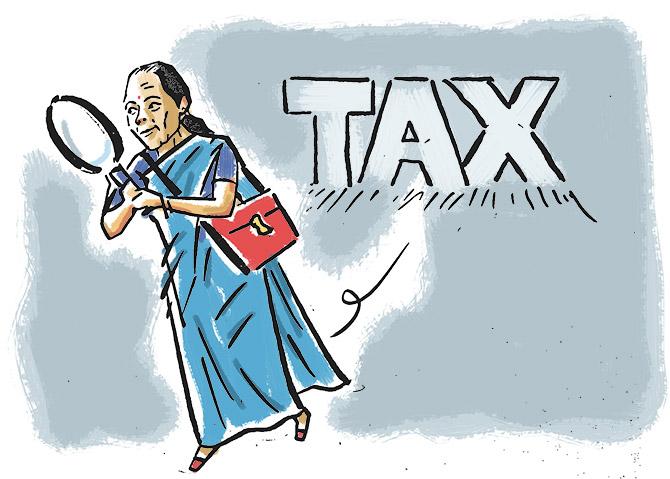Those spending over Rs 2 lakh on foreign travel, incurring more than Rs 1 lakh electricity bills, or depositing over Rs 1 crore in current account will have to mandatorily file ITR even if their total income is below the taxable limit.
The last date for filing has been extended to Nov 30 from Jul 31.

The government has notified new income-tax return forms for 2019-20, making it mandatory for high spenders to file ITR and allowing assesses to avail benefits of extended timelines in view of COVID-19.
People incurring large spending will not be able to escape paying taxes, with the government making filing mandatory in specific cases even if their income is below the taxable limit.
With this, those spending over Rs 2 lakh on foreign travel, incurring more than Rs 1 lakh electricity bills, or depositing over Rs 1 crore in current account will have to mandatorily file ITR.
Earlier, an individual was required to file a tax return only if the total income exceeded the minimum threshold.
The Central Board of Direct Taxes (CBDT) notified Sahaj (ITR-1), Form ITR-2, Form ITR-3, Form Sugam (ITR-4), Form ITR-5, Form ITR-6, Form ITR-7 and Form ITR-V for the assessment year 2020-21.
The last date for filing of ITR has been extended to November 30 from July 31.
The new ITR forms also require taxpayers to furnish details of tax saving investments or donations made up to June 2020 for 2019-20 separately.
To give relief to taxpayers facing COVID hardships, the deadline for making investment or payments for claiming deduction under Section 80C (LIC, PPF, NSC, ELSS mutual funds, etc.), 80D (Medi claim), 80G (Donations), etc for FY20 was extended till June 30 from March 31.
In addition, the due dates for investment, construction, or purchase for claiming rollover benefit for capital gains was also extended till June 30.
The revised ITR forms allow taxpayers to enjoy benefits of their transactions carried out between April 1 and June 30.
Usually, notification for the ITR forms comes in the first week of April, but this time the income tax department notified the two simplified forms ITR-1 (Sahaj) and ITR-4 (Sugam) for the assessment year 2020-21 in the first week of January, which has been further revised now.
Returns in ITR-1 Sahaj can be filed by an ordinary resident individual, whose total income does not exceed Rs 50 lakh, while Form ITR-4 Sugam is meant for resident individuals, HUFs and firms (other than LLP) having a total income of up to Rs 50 lakh and having presumptive income from business and profession.
The government has allowed assesses owning a single house property to file ITR using simple forms - ITR 1 and 4.
Besides, the high spenders mandated to file returns have been allowed to use the simple forms.











